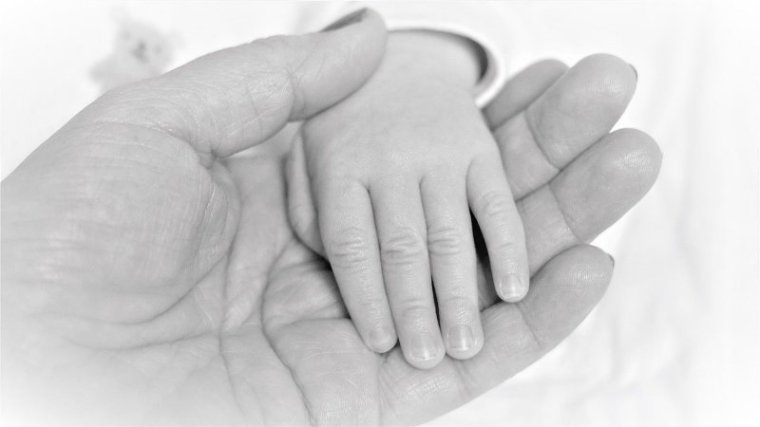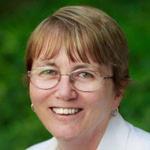
Over January, the news and my Facebook feed have been full of stories related to the bushfires, but these stories have now slowed to a dribble as people’s interest has moved on to other things. Now, it’s time to reflect on the emotional and spiritual lessons we can learn from the fires.
The world is a dangerous place
We make plans for the future, with the mistaken belief that we can control future events. While it’s good to have a fire plan but fire is unpredictable. We have no control over an out-of-control bushfire and it’s not just bushfires. There are also unforeseen weather events and natural disasters, such as flood, earthquakes, even volcanic eruptions. The world is a dangerous place and life is fragile.
If our sense of security, success or significance, is connected to our homes and our possessions, the threat of fire will be more difficult to cope with. When we realise everything we own and have worked years for, can be taken away in hours or minutes, it changes our perspective on what we should regard as valuable.
We are temporary residents
Bushfires and natural disasters serve as severe reminders that this world is temporary. Try as we might, to hang onto those things that are precious to us, we don’t have that kind of power. We are reminded: “This world is fading away, along with everything that people crave” (first John chapter 2 verse 17).
This world is fading away, both the good and the bad. The things we love our gardens, our homes, even our loved ones, as well as those things we won’t miss, like snakes, spiders and mosquitoes. The Bible also reminds us that we are temporary residents: “So you must live in reverent fear of him during your time here as ‘temporary residents’” (first Peter chapter 1 verse 17).
Other versions of the Bible describes Christians as aliens, strangers, exiles, pilgrims, refugees and foreigners. God is telling us that life on earth is temporary.
Unknown future
Whether we live in a fire-prone area or not, we all face an unknown future. This has become particularly apparent to me as I have friends and acquaintances that are older than me, and are suddenly facing unexpected health crises of their own or their spouses.
Often, they act surprised, which surprises me. They say things like, “I never expected this to happen.” I’m tempted to say, “What do you mean, you didn’t expect to get old and experience failing health? Like your parents, your aunts, your uncles, and your grandparents before you?”
Do we somehow think because we are Christians, we’re going to escape the difficulties that others face as we age?
Then there are other challenges. We face an unknown future with regard to our finances. We don’t know if there will be another global financial crisis, a downturn in the economy, or if our superannuation will be enough to live on or if the government will be able to keep paying pensions.
There’s the challenge of our friendships. As we age will our interests have to change? Will we have to give up some sports, while we watch our friends continue in them? Will we still have things in common with our friends, if we can no longer share the same activities?
How then shall we live?
When we understand that the world is a dangerous place and Christians aren’t spared the dramas of life, we realise we all face an unknown future. How do we not only cope but thrive?
We learn to put our security in those things which can never be taken away, such as our relationship with God. Even then, we will still be distressed by life-altering events, but not devastated. There is great security knowing we belong to God:
“Yet I still belong to you; you hold my right hand. You guide me with your counsel, leading me to a glorious destiny. Whom have I in heaven but you? I desire you more than anything on earth. My health may fail, and my spirit may grow weak, but God remains the strength of my heart; he is mine forever” (Psalm chapter 73 verses 23 to 26).
God is our safe place. If we have a strong sense of God and his goodness, whatever our circumstances, we will find inner peace and strength.

Susan Barnes has been involved in pastoral ministry for over twenty years with her husband, Ross. They are now semi-retired and enjoy supporting a number of churches in north-east Victoria. You can find more of Susan’s articles at: https://www.pressserviceinternational.org/susan-barnes.html